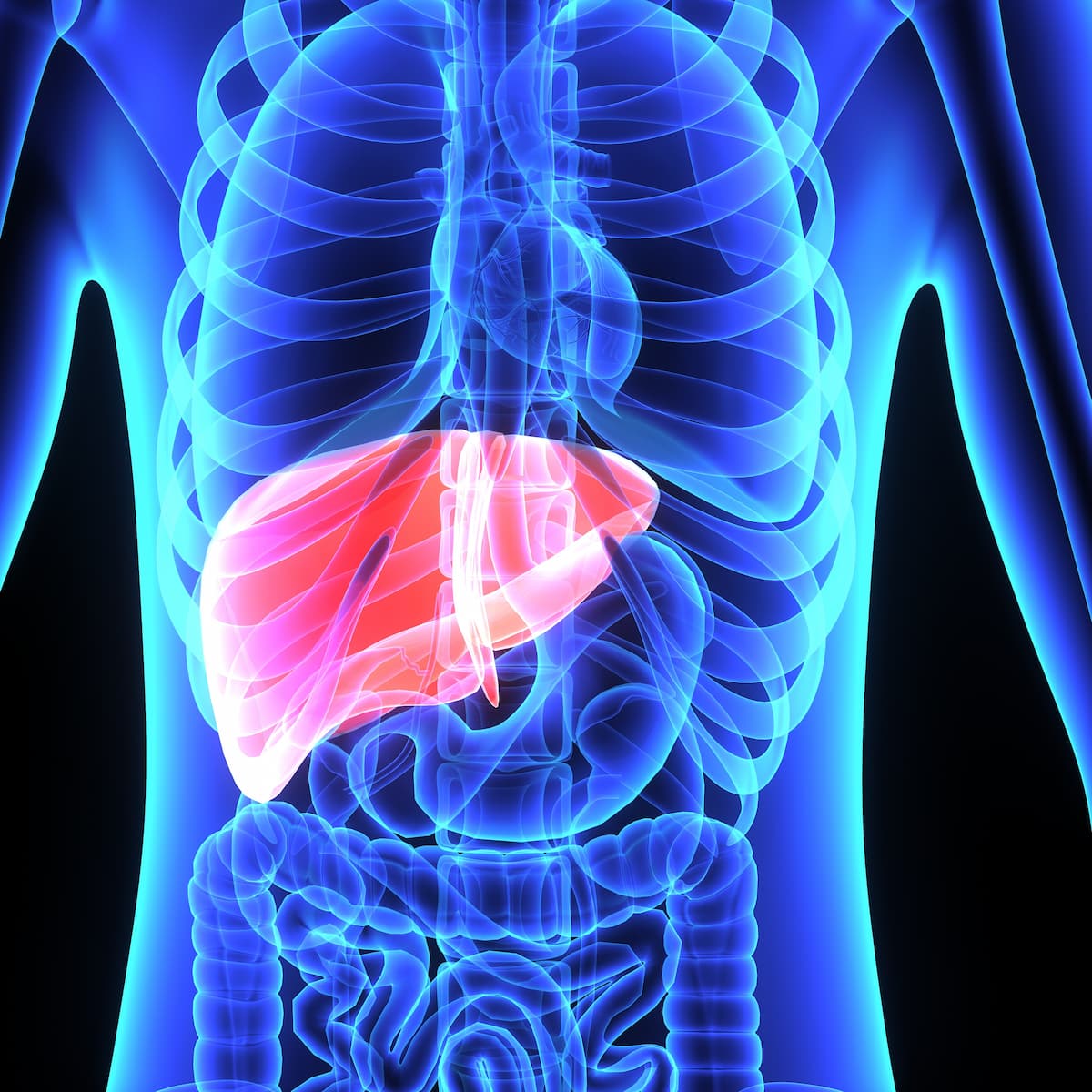Data Favor Adjuvant Atezolizumab Plus Bevacizumab in Hepatocellular Carcinoma
Adjuvant atezolizumab plus bevacizumab may effectively combat recurrence after surgery in patients with early-stage hepatocellular carcinoma.
Adjuvant atezolizumab (Tecentriq) plus bevacizumab (Avastin) may reduce the risk of disease recurrence in patients with early-stage hepatocellular carcinoma (HCC), according to interim data from the phase 3 IMbrave050 trial (NCT04102098) published in a press release by Genentech.
IMbrave50 is "the first phase 3 study to show that a cancer immunotherapy combination reduced the risk of disease returning in people" with early-stage hepatocellular carcinoma, according to an expert from Genentech.

Compared with active surveillance alone following resection or ablation, adjuvant treatment with the atezolizumab combination significantly improved recurrence-free survival (RFS) in the patient group and met the study’s primary end point. Overall survival (OS) data remained immature at the time of the interim analysis. The regimen’s toxicity profile was comparable with the known profiles of the 2 agents and the aforementioned indication.
“Today, more than 70% of people with early-stage HCC may have their cancer return after surgery, which is associated with poorer prognosis and shorter survival,” Levi Garraway, MD, PhD, chief medical officer and head of global product development at Genentech, said in the press release. “IMbrave050 is the first phase 3 study to show that a cancer immunotherapy combination reduced the risk of disease returning in people with this type of HCC.”
This multicenter, open-label, randomized study evaluated the atezolizumab combination in 662 patients with HCC at a high risk of recurrence after surgery or ablation with curative intent, as determined by the size and quantity of lesions as well as histopathology. Patients were randomly assigned 1:1 to receive either active surveillance or atezolizumab at 1200 mg every 3 weeks plus bevacizumab at 15 mg/kg every 3 weeks for a maximum of 12 months.
Secondary end points include OS and RFS in patients with PD-L1–positive disease.
Receipt of curative resection, radiofrequency ablation, or microwave ablation within the 4 to 12 weeks prior to randomization was the foremost inclusion criterion. Other criteria included an absence of major macrovascular invasion and extrahepatic spread, full recovery from surgery or ablation within 4 weeks prior to randomization, and an ECOG performance status of 0 or 1. Patients were also required to abstain from heterosexual intercourse or use contraception during the study period to be included.
Patients with known fibrolamellar HCC, sarcomatoid HCC, or mixed cholangiocarcinoma and HCC were excluded from the study. Any evidence of residual, recurrent, or metastatic disease at randomization were also grounds for exclusion, as was the presence of clinically significant ascites, a history of hepatic encephalopathy, and receipt of more than 1 cycle of adjuvant transarterial chemoembolization (TACE). Patients who received any treatment for HCC prior to resection or ablation, including any locoregional therapy like TACE, were also excluded.
“We are excited by the clinical benefit that this adjuvant [atezolizumab] combination may bring to people with early liver cancer and look forward to seeing more mature data to further confirm the benefit,” Garraway concluded.
Reference
Genentech’s Tecentriq plus Avastin is the first treatment combination to reduce the risk of cancer returning in people with certain types of early-stage liver cancer in a phase III trial. News Release. Genentech. January 18, 2023. Accessed January 19, 2023. https://bit.ly/3HcW2Pp
Adapting to a Robotic Workstation for Image-Guided Liver Cancer Surgery
December 4th 2023Govindarajan Narayanan, MD, speaks to the potential time-saving advantages of using the Epione robot for microwave ablation, cryoablation, and other surgical strategies in patients with liver cancer and other tumors.